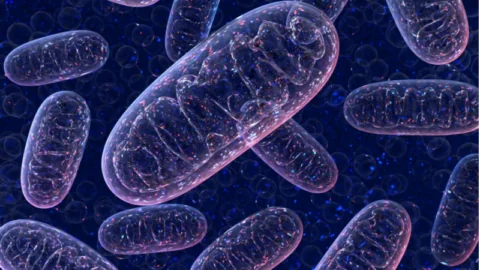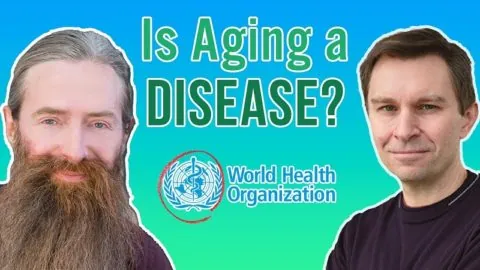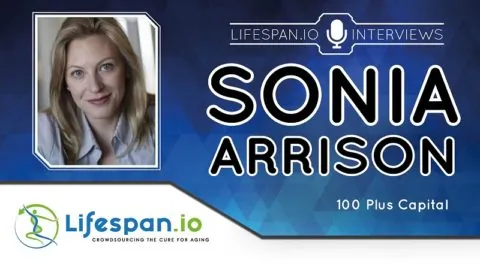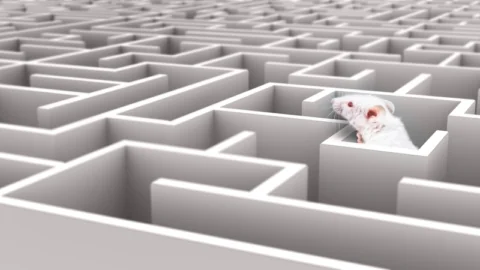January 31, 2022
Publishing in Aging, a group of Korean researchers has discovered a compound that affects the way our mitochondria process energy, ameliorating cellular senescence. A deep dive into biochemistry Why we Age: Cellular SenescenceAs your body ages, more of your cells become senescent. Senescent cells do not divide or support the tissues of which they are...
January 31, 2022
On this episode of Lifespan News, Ryan O'Shea discusses the possible ramifications of including aging in the ICD-11. Script The debate about whether or not aging is or should be considered a disease has been taking place for years, and recent developments with ICD-11, which has now formally been adopted, are raising the issue again....
January 31, 2022
Sonia Arrison is an entrepreneur, investor, and best-selling author. Her book “100 Plus: How the Coming Age of Longevity Will Change Everything”, published in 2011, was one of the first to bring the topic of longevity to the general public’s attention. Sonia is also founder of 100 Plus Capital and Chair of the Alliance for...
January 28, 2022
On this episode of Science to Save the World, we discuss the environmental concerns related to cryptocurrency and methods of mitigating them. Script As the cryptocurrency industry expands rapidly, so do concerns about its environmental impact. Can we find ways to mitigate environmental impact while still benefiting from the positive uses of this new technology?...
January 28, 2022
In a blog post, the founder and CEO of Arda Therapeutics, Adam Freund, explained his company’s intriguing strategy along with why it is imperative to counter aging. From Calico to Arda It's not every day that the longevity field sees a new player with a fresh message joining the ranks. On January 25th, Dr. Freund...
January 27, 2022
Polish researchers publishing in Aging have discovered that the well-known senolytic combination of dasatinib and quercetin improves the cognitive capabilities of older rats. Understanding neuroplasticity While new neurons can be formed in the adult hippocampus through neurogenesis [1], learning and behavioral changes caused by changes in the prefrontal cortex are not the result of this...






